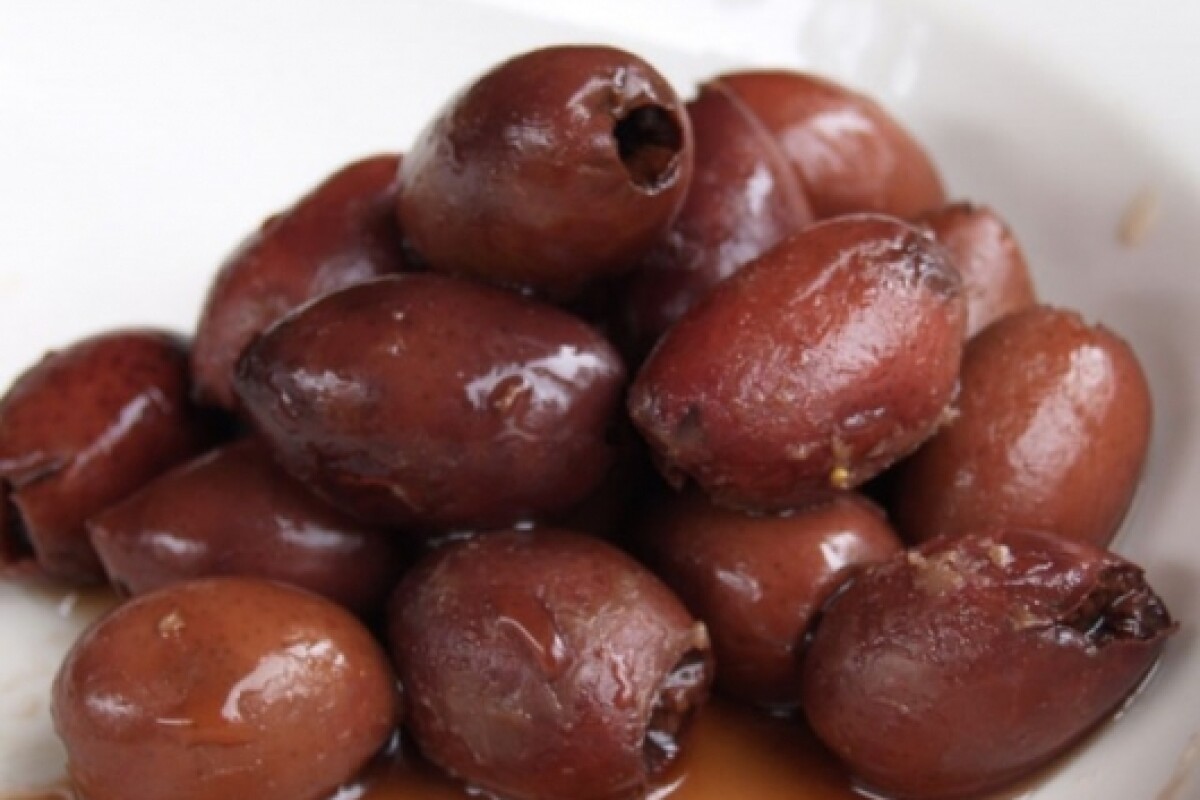Have you every wondered what happens to all of the stones removed from the olives that end up on our shelves and in delis as olive oil or table olives? The answer could now be that they are turned into bioethanol and used as an alternative to petrol or diesel.
The olive processing industry disposes of around four million tones of waste in olive stones each year, but Researchers from the Universities of Jaén and Granada in Spain have shown that it’s possible to convert this waste into bioethanol. According to one of the researchers, Sebastián Sánchez, the “low cost of transporting and transforming olives stones make them attractive for biofuels.” Further to the transportation benefits, any bioethanol that can be created from waste, rather than food crops such as corn, is an attractive candidate for commercial adoption. “This research raises the possibility of using of olive stones, which would otherwise be wasted, in producing energy. In this way we can make use of the whole food crop,” said Sánchez. Some of the current production methods for biofuels have raised concerns because they use valuable land resources and threaten food security.
The olive stone makes up around a quarter of the total fruit and is rich in polysaccharides (cellulose and hemicellulose) that can be broken down into sugar and then fermented to produce ethanol. To produce viable fuel, the researchers pre-treated olive stones using high-pressure hot water (essentially a pressure cooker) then added enzymes which degrade plant matter and generate sugars. The hydrolysate obtained from this process was then fermented with yeasts to produce ethanol. Yields of 5.7kg (around 12lbs) of ethanol per 100kg (220lbs) of olive stones have been reached. Overall, although the quantities of stones wasted as a result of olive production are small, if similar principles were employed across all agricultural industries, energy gains would be significant.
The full study from the Universities of Jaén and Granada can be read in the latest edition of the Society of Chemical Industry’s (SCI) Journal of Chemical Technology & Biotechnology.




